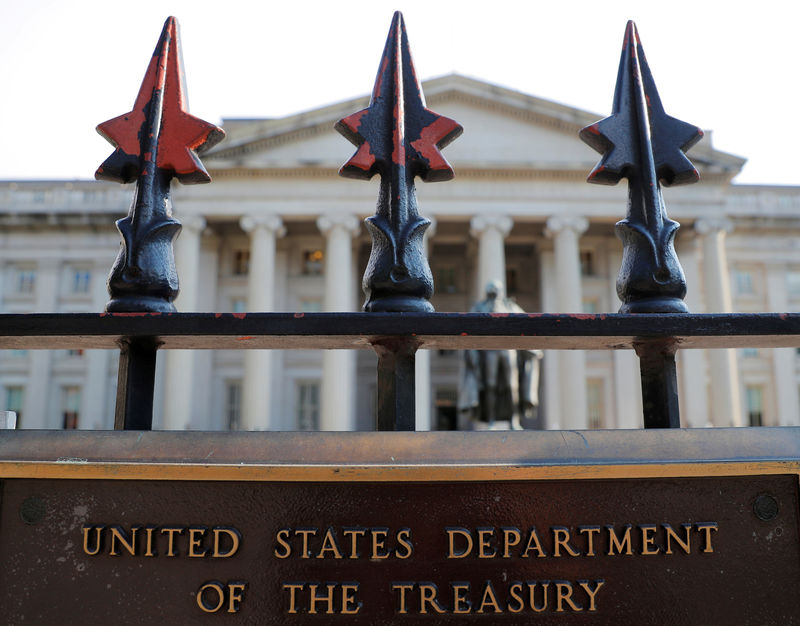(Bloomberg) -- The U.K. may become the next developed economy to embrace zero yields, according to an influential money manager.
The yield on two-year gilts could “easily” vanish in the coming months as the Bank of England will need to cut borrowing costs more than once to support an economy on the brink of recession, according to Columbia Threadneedle Investments, which oversees the equivalent of $468 billion.
The firm, which has been bullish on gilts since the first quarter, has been a “keen buyer” on conviction the BOE will have to keep pace with the increasingly dovish Federal Reserve and European Central Bank.
Yields on the U.K.’s short-term bonds have almost halved this year on concern the country’s almost $3 trillion economy could contract if the U.K. exits the European Union without a divorce deal on Oct. 31. Benchmark rates across much of the euro zone, from Germany to France and Belgium, are already below zero as investors brace for the ECB to cut interest rates to spur growth.
“The U.K. front end looks quite attractive,” according to Edward Al-Hussainy, a senior currency and interest-rate strategist at Columbia Threadneedle. “Two-year yields can easily go to zero, perhaps over the next six months. That case becomes a little bit stronger because the ECB will likely be easing well into next year.”
The yield on two-year gilts was about 0.45% on Wednesday, having declined from 0.75% at the end of last year. The slide in yields has coincided with a 4% drop in the pound, the second-worst performing currency among the Group-of-10 exchange rates.
The BOE is expected to leave its policy rate on hold when it meets Thursday. Traders will be watching for signs that the central bank is backing away from previous signals of future policy tightening, given concerns about Brexit.
Even so, investors may not be adequately pricing the risk of BOE rate cuts, according to Columbia Threadneedle.
While markets are pricing in almost 100 basis points of cuts from the Fed in the next 12 months, in the U.K. that’s just 25 basis points, a disjoint that sets up “an interesting opportunity,” Al-Hussainy said.
“If the BOE have to keep up with the Fed or other major central banks which are easing, 25 basis points is not going to be enough,” Al-Hussainy said. “Even setting aside a Brexit event, U.K. data have turned quite dramatically, so the probability of a recession is deeply under priced by the front end of the curve.”
